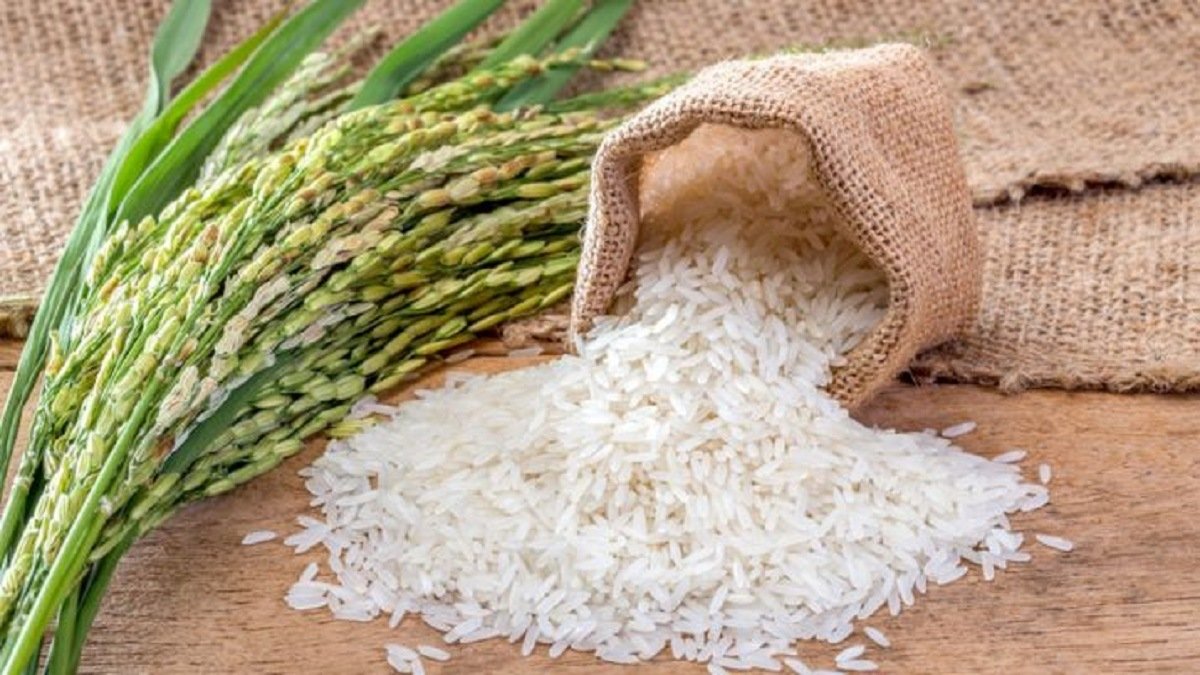Pusa Basmati Rice

- 21 Mar 2024
Why is it in the News?
Even as basmati rice exports from the country are poised to scale a new high, scientists at the Indian Agricultural Research Institute (IARI) have red-flagged the “illegal” cultivation of its blockbuster varieties in Pakistan.
Unauthorized Cultivation and Export of Pusa Basmati Rice Varieties in Pakistan:
- Despite being officially registered and protected Indian varieties, several IARI-bred Basmati rice varieties, such as Pusa Basmati 1121, Pusa Basmati-6, and Pusa Basmati 1509, are being illegally cultivated and marketed in Pakistan.
- Recent YouTube videos even feature newer IARI varieties like Pusa Basmati-1847, PB-1885, and PB-1886, released in late 2021.
- Pakistan's unauthorized Basmati exports have been substantial, with 7.58 lt ($694.55 million) in 2021-22 and 5.95 lt ($650.42 million) in 2022-23 (July-June).
- This growth is partly due to the depreciation of the Pakistani rupee, allowing the country to offer lower export prices than India.
- The proliferation of these protected varieties in Pakistan can be attributed to the ease of seed multiplication.
- With just a small quantity of seeds, large-scale cultivation can be established within two years of the variety's release in India.
- This unauthorized cultivation not only undermines India's intellectual property rights but also impacts the competitiveness of India's Basmati rice exports in the global market.
What is the Basmati Crop Improvement Program?
- The Basmati Crop Improvement Program focuses on refining the unique qualities of Basmati rice, such as its distinct grain characteristics, cooking properties, and pleasing aroma.
- IARI has played a crucial role in the genetic enhancement, leading to the development of high-yielding, semi-dwarf, and photo-insensitive Basmati varieties like Pusa Basmati 1.
- These improvements have significantly reduced the crop duration from 160 to 120 days and increased productivity from 2.5 to 6-8 tons per hectare.
- As a result, these advanced Basmati varieties account for approximately 90% of India's projected $5.5 billion exports in 2023-24.
- This achievement contributes to substantial foreign exchange earnings and economic growth for the country.
Key Features of IARI-Developed Basmati Rice Varieties:
- IARI has cultivated various Basmati rice varieties with distinct characteristics, including:
- Pusa Basmati 1121: Known as the world's longest Basmati rice, it matures in 145 days with an average yield of 45 q/ha.
- Pusa Basmati 1509: Derived from Pusa 1121 x Pusa 1301, this variety addresses Pusa Basmati 1121's weaknesses, matures in 115 days, and yields 5 tons/ha.
- Improved Pusa Basmati 1 (Pusa 1460): This variety, the first product of molecular breeding in Indian rice, is an enhanced Pusa Basmati 1 with bacterial leaf blight resistance.
- Pusa Basmati 6 (Pusa 1401): Offering superior grain quality, this variety improves upon Pusa 1121's yielding ability, agronomy, and cooking quality.
- Pusa RH10: The world's first superfine grain aromatic rice hybrid, it was released in 2001 for commercial cultivation in specific irrigated ecosystems.
Registration and Cultivation Areas of Pusa Basmati Rice in India:
- All Pusa Basmati rice varieties are officially recognized under the Seeds Act 1966 and can be cultivated within the designated Geographical Indication (GI) area of Basmati rice in India, encompassing seven northern states.
- These varieties are further registered under the Protection of Plant Varieties and Farmers' Rights Act 2001, which permits only Indian farmers to sow, save, re-sow, exchange, or share the seeds of protected/registered varieties.
